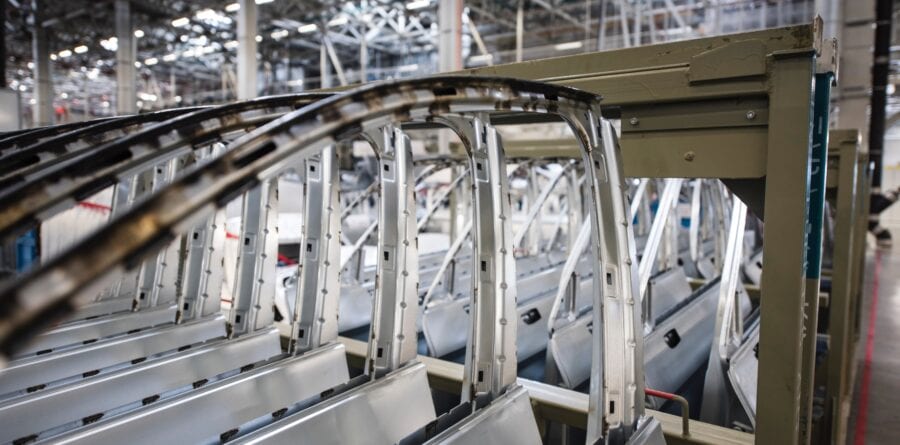21/08/2020
Sleep problems encourage entrepreneurial intentions
Contributed by Warwick Business School
14/01/2021 - Warwick Business School

Honda will halt production at its factory in Swindon from Monday, 18th January, to Thursday, 21st January, due to supply issues. It is the third supply-related shutdown in two months.
Christian Stadler, Professor of Strategic Leadership at Warwick Business School and an expert on the automotive industry and the success of global corporations, said:
“The temporary closure of Honda’s plant in Swindon this week is down to a shortage of parts, more specifically semi-conductors.
“A number of car plants have experienced similar problems – Volkswagen, Nissan, and General Motors all had to reduce production. It’s a temporary measure and there are currently no signs this will become a long-term problem.
“It shows the vulnerability of global supply chains to external shocks like Covid-19. That is something we have seen several times during the pandemic.
“At the outset, when China was shutting down, many factories experienced a shortage of parts. The reason it didn’t become a bigger issue at the time was that as the pandemic spread, those car factories had to close anyway. If the virus had been contained to China, those shortages would have become a much bigger issue for the car industry.
“While global integration and the ‘just in time’ manufacturing process help to keep costs down, this pandemic has been a reminder that it is not risk free.
“A more pressing concern for the workforce at Honda is the permanent closure later this year. Honda is adamant this not Brexit-related, in which case it is more of a reflection of the important of Europe and the UK as a market.
“Honda produces more than five million cars globally and less than one per cent of those are sold in the UK. That market isn’t growing, in fact sales were down by 6.5% in 2019, so the company wants to focus investment in e-vehicles in more important markets. The Japanese free trade deal with the EU also means it can concentrate more effort on building e-vehicles in Japan then import them for European customers.
“However, Brexit is likely to have more influence on the future of the site in Swindon and efforts to find a buyer. There have reportedly been attempts to reach out to Elon Musk, but that feels like an act of desperation and I would be highly surprised if he was interested.
“If you are a foreign investor trying to reach the European market, the UK is no longer likely to be your first port of call. It would be far better to establish production in the heartland of Europe and we already know Elon Musk is setting up a battery factory near Berlin.
“The combination of Brexit and the pandemic, which means investment is not exactly flowing anywhere at the moment, means this will be a very challenging time for Swindon and there is no obvious solution yet.”
For further information visit the Warick Business School website
All articles on this news site are submitted by registered contributors of EssexWire. Find out how to subscribe and submit your stories here »